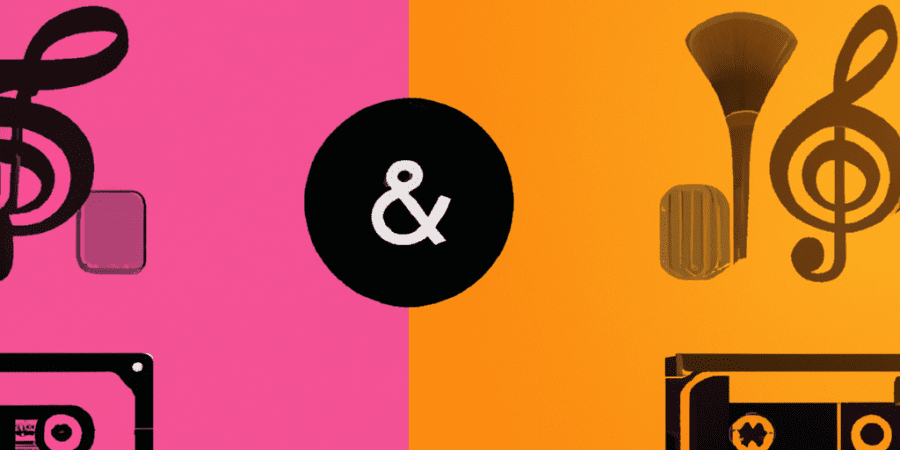The Evolution of Music: Classic vs Modern
Music is often referred to as a timeless art form. Over the years, it has gone through tremendous transformations, shaping various genres and styles that exist today. In this article, we will explore the key differences between classical and modern music, showcasing how they represent different eras and cater to distinct tastes and preferences.
Classical Music: The Epitome of Elegance and Sophistication
Classical music, which originated in the 17th century and continued into the early 19th century, is revered for its unparalleled beauty, complexity, and emotional depth. Composers like Mozart, Beethoven, and Bach created masterpieces that are still celebrated today.
Here are some defining features of classical music:
- Structured Compositions: Classical music follows a precise structure, typically consisting of multiple movements, each with its distinct tempo and mood.
- Instruments: Orchestral instruments such as violins, cellos, and pianos play a prominent role in classical music. Compositions often involve symphonies, concertos, and sonatas.
- Complex Harmonies: Classical music emphasizes intricate harmonies, counterpoint, and modulation.
- Focus on Melody: Melodies in classical music are often rich, flowing, and memorable.
Classical music is known for its ability to transport listeners to different emotional and intellectual realms. It has a refined and intellectual appeal, lending itself to formal settings such as concert halls and prestigious events.
Modern Music: A Fusion of Styles and Genres
Modern music, on the other hand, encompasses a wide range of genres and styles, greatly influenced by technological advancements and cultural shifts. It represents the diversity and ever-changing nature of contemporary society.
Here are some characteristics of modern music:
- Diverse Genres: Modern music spans various genres, including pop, rock, hip-hop, electronic, jazz, and many more. It caters to a broader and more mainstream audience.
- Use of Technology: Modern music relies heavily on electronic instruments, synthesisers, and computer-generated sounds. It embraces innovative production techniques and effects.
- Simpler Melodies: Modern music often features repetitive and catchy melodies that are easily memorable.
- Lyrics: Unlike classical music, modern compositions heavily emphasize lyrics, storytelling, and personal expression.
Modern music is easily accessible and widely consumed across various platforms, including streaming services, radio, and live performances. It reflects the changing tastes and preferences of a more diverse and global audience.
The Bridge Between Classical and Modern: Contemporary Classical Music
While classical and modern music may seem vastly different, there exists a middle ground known as contemporary classical music. This genre combines elements of both traditional and modern musical styles, often creating a unique and intriguing sonic experience.
Contemporary classical music:
- Experimental Sounds: This genre explores unconventional techniques, merging traditional orchestral instruments with electronic elements or non-traditional instruments.
- Breaking Conventions: Contemporary classical music dares to challenge traditional structures, tonalities, and harmonies. It embraces innovation while still drawing inspiration from classical roots.
- Fusion of Genres: It involves collaborations and fusions with artists from different genres, such as rock, jazz, or world music.
Contemporary classical music bridges the gap between classical and modern music, attracting listeners who appreciate the beauty of both traditional and innovative compositions.
Conclusion
Classical and modern music, although distinct in their characteristics and appeal, both hold a significant place in history and the hearts of music enthusiasts. Classical music embraces elegance, complexity, and timeless masterpieces, while modern music encompasses diversity, innovation, and mass appeal. The evolution of music is a testament to the ever-changing nature of human expression, and both classical and modern music continue to inspire and captivate audiences around the world.
So, whether you find solace in the soothing melodies of Bach or prefer to dance to the energetic tunes of modern pop, it is undeniable that music has the power to transcend time and connect people across generations.
